I listened to two audiobooks over the busy days of December and early January. Both were political memoirs.
For much of my reading life I’ve found it difficult to focus on memoirs or biographies. I would start eagerly but rarely did I manage to read them all the way through, perhaps because I’d get distracted by the latest novel. This problem doesn’t exist when I listen to audiobooks. Having someone read to me a fascinating narrative while I’m doing dull tasks like kitchen work or gardening is such a privilege, and I have no problem at all paying attention through to the end.
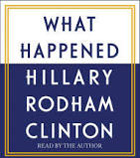 The first of the memoirs I listened to was Hillary Clinton’s What Happened. Written and also narrated by Hillary, it’s an excellent review of both the high points and the travesties of the 2016 election, from the perspective of an extremely intelligent, competent candidate with an amazing resume and record of doing good in the world. It’s also the voice of a woman who is ready to call out misogyny in the electoral process. If you’re a fan of Hillary Clinton you might want to read this book, although there’s a risk you’ll be plunged into despair all over again when you consider what exists in the White House now. If you’re not a fan of Hillary than I highly recommend that you read or listen to this book. Perhaps you will begin to change your mind.
The first of the memoirs I listened to was Hillary Clinton’s What Happened. Written and also narrated by Hillary, it’s an excellent review of both the high points and the travesties of the 2016 election, from the perspective of an extremely intelligent, competent candidate with an amazing resume and record of doing good in the world. It’s also the voice of a woman who is ready to call out misogyny in the electoral process. If you’re a fan of Hillary Clinton you might want to read this book, although there’s a risk you’ll be plunged into despair all over again when you consider what exists in the White House now. If you’re not a fan of Hillary than I highly recommend that you read or listen to this book. Perhaps you will begin to change your mind.
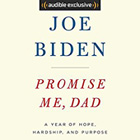 The second memoir is Joe Biden’s Promise Me, Dad, and it’s also narrated by its author.
The second memoir is Joe Biden’s Promise Me, Dad, and it’s also narrated by its author.
In 2013, Beau Biden — Iraq War veteran, attorney general of Delaware, and son of Vice President Joe Biden – was diagnosed with brain cancer. He died of his cancer less than two years later. Promise Me, Dad tells the story of those years, from the point of view of a very active and effective United States Vice President, who — at his son’s request — helped to keep Beau’s illness a secret until very late in the course of his disease. It’s a touching story of the Biden family, and also of Joe’s view of his role in government and the tasks that he worked hard to accomplish even as his beloved son was fighting for his life. It was the grief of Beau’s loss that kept Joe Biden from running for president in 2016.
Since the election – and since we’ve had to endure the venality and incompetence on full display in this administration and in the GOP Congress that continuously supports it – I’ve often found myself reflecting on Beau Biden, and thinking, “If Beau hadn’t died, there’s a good chance that Joe Biden might be the president right now, and how much better off we’d be if that were so.â€
In any case, both Hillary and Joe would have made fine presidents. Both had the experience, competence, and work ethic that the job requires, as well as a devotion to national service. Yes, let’s remember that politicians are supposed to be serving their country.
As the saying goes, “Every nation gets the government it deserves.†Maybe we do deserve this, but I desperately hope we can manage to throw the bums out before they succeed in burning the country down. Let’s strive to keep this democracy tottering on long enough to install actual competent, knowledgeable people in both Congress and the White House.








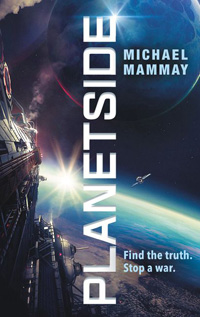
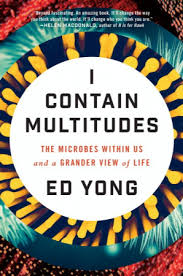
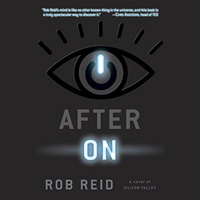
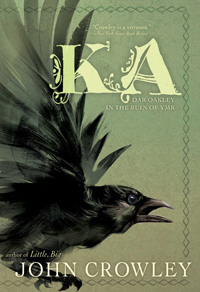
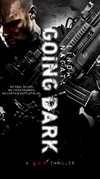
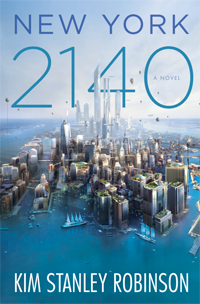
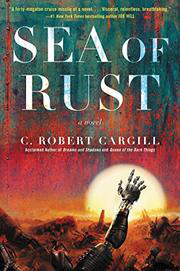
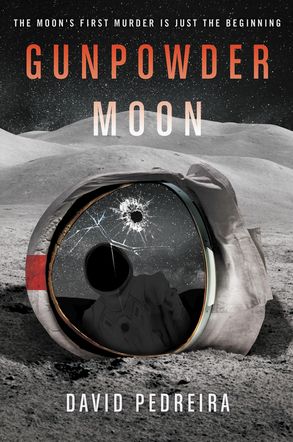
 The first of the memoirs I listened to was Hillary Clinton’s What Happened. Written and also narrated by Hillary, it’s an excellent review of both the high points and the travesties of the 2016 election, from the perspective of an extremely intelligent, competent candidate with an amazing resume and record of doing good in the world. It’s also the voice of a woman who is ready to call out misogyny in the electoral process. If you’re a fan of Hillary Clinton you might want to read this book, although there’s a risk you’ll be plunged into despair all over again when you consider what exists in the White House now. If you’re not a fan of Hillary than I highly recommend that you read or listen to this book. Perhaps you will begin to change your mind.
The first of the memoirs I listened to was Hillary Clinton’s What Happened. Written and also narrated by Hillary, it’s an excellent review of both the high points and the travesties of the 2016 election, from the perspective of an extremely intelligent, competent candidate with an amazing resume and record of doing good in the world. It’s also the voice of a woman who is ready to call out misogyny in the electoral process. If you’re a fan of Hillary Clinton you might want to read this book, although there’s a risk you’ll be plunged into despair all over again when you consider what exists in the White House now. If you’re not a fan of Hillary than I highly recommend that you read or listen to this book. Perhaps you will begin to change your mind. The second memoir is Joe Biden’s Promise Me, Dad, and it’s also narrated by its author.
The second memoir is Joe Biden’s Promise Me, Dad, and it’s also narrated by its author. 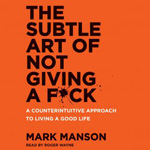 You’ve probably seen this book around. It’s classified as a self-help book. I read an excerpt from it sometime ago and liked what the author had to say, but I felt like I’d already applied a lot of his principles in my life, so I didn’t pick it up.
You’ve probably seen this book around. It’s classified as a self-help book. I read an excerpt from it sometime ago and liked what the author had to say, but I felt like I’d already applied a lot of his principles in my life, so I didn’t pick it up.